TCB IDA
Webinars 2020

Helping Teaching Remotely: Executive Function, Study Skills, and Learning Disabilities
December 1, 2020
Our speaker: NANCY BLEY, MA, ET/P
As the new year approaches it is the time educators often look at what and how they have been teaching to help them plan for the next part of the school year, a crucial one in many aspects. Since March 2020 in many respects, educators have been learning an entirely new way of teaching while applying their knowledge and experience to ensure that their students continue to progress. Everyone, not just educators have been developing new ways of interacting and learning. We have all begun to learn much more about how to use technology effectively and efficiently while still adhering to and applying much of what we have learned about teaching math, reading and written language. Using teacher creativity, technology and research we will look at some methods, apps and platforms to help us plan for the remainder of this school year.
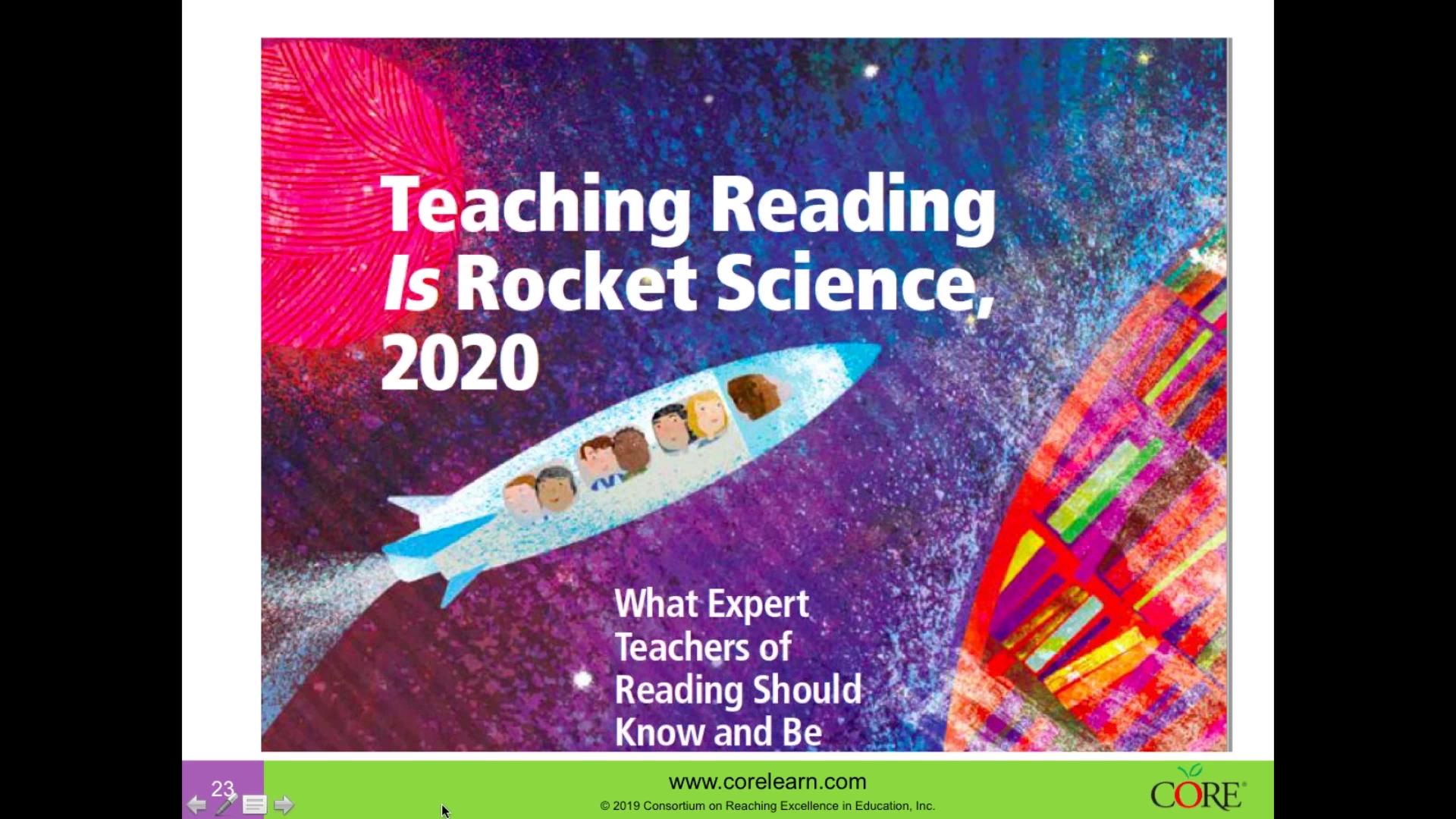
Structured Literacy:
It’s Much More Than Just Phonics!
November 10, 2020
Our speaker: RACHEL SOLIS & DALE WEBSTER
What is structured literacy and how does it support ALL readers? Join Dr. Dale Webster with CORE and Rachel Solis with Center for the Collaborative Classroom. Decades of research have revealed that learning to read does not come naturally. Therefore, teaching reading must be done intentionally and purposefully based on what we know to be true. Structured literacy is our best chance at reaching all readers and helping all students grow into successful and independent readers. Join us in a deeper discussion focused on the “what” and “how” behind this comprehensive approach.
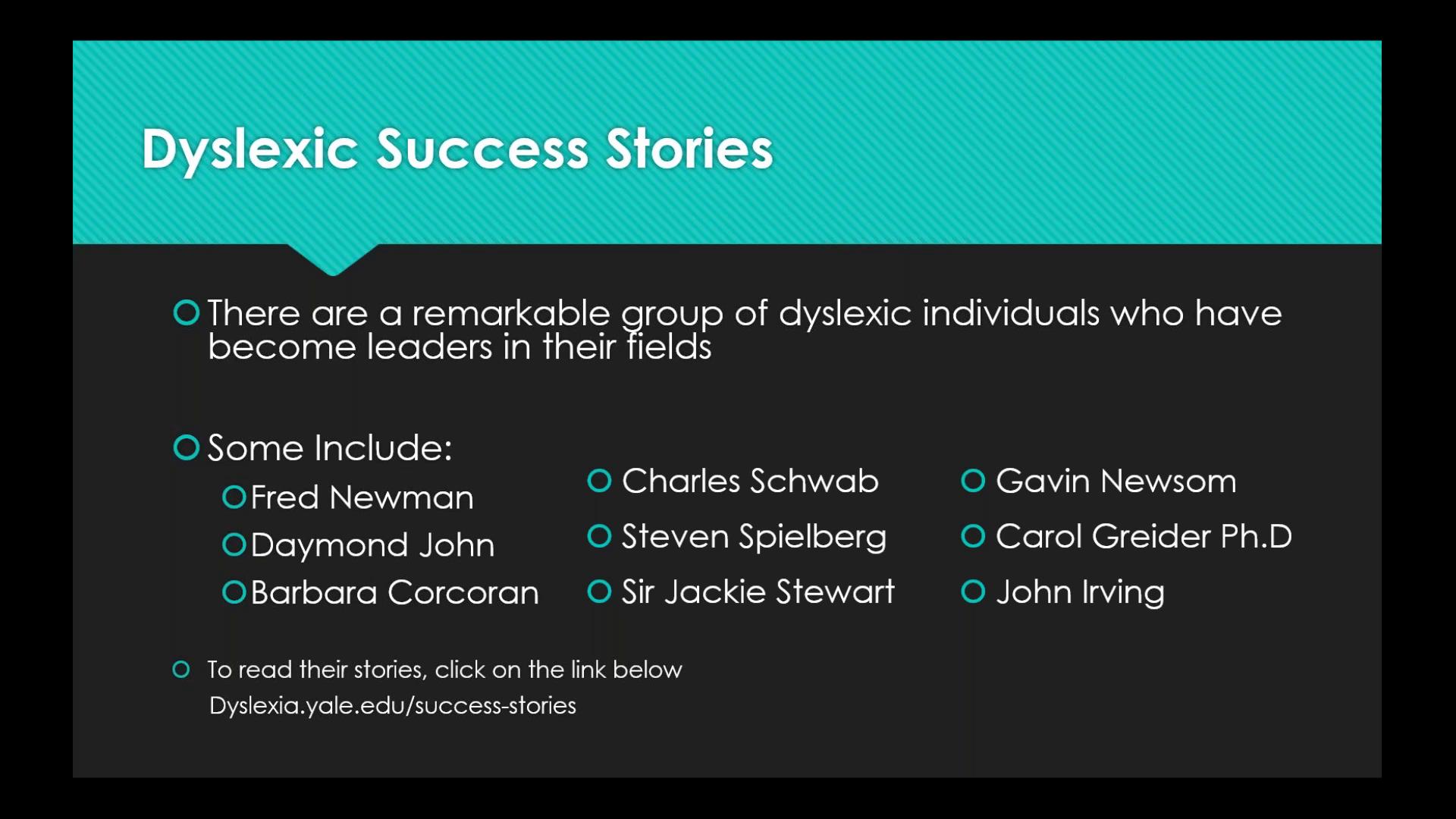
The Gift of a Dyslexic Mind
October 14, 2020
Our speaker: Cristina Bequer
In this talk, advocate, Cristina Bequer, describes a different take on Dyslexia. By looking at the unique mindset of Dyslexia as a strength, Cristina redefines a perceived weakness as a useful tool. She will share her story and then open up the session for Q&A.
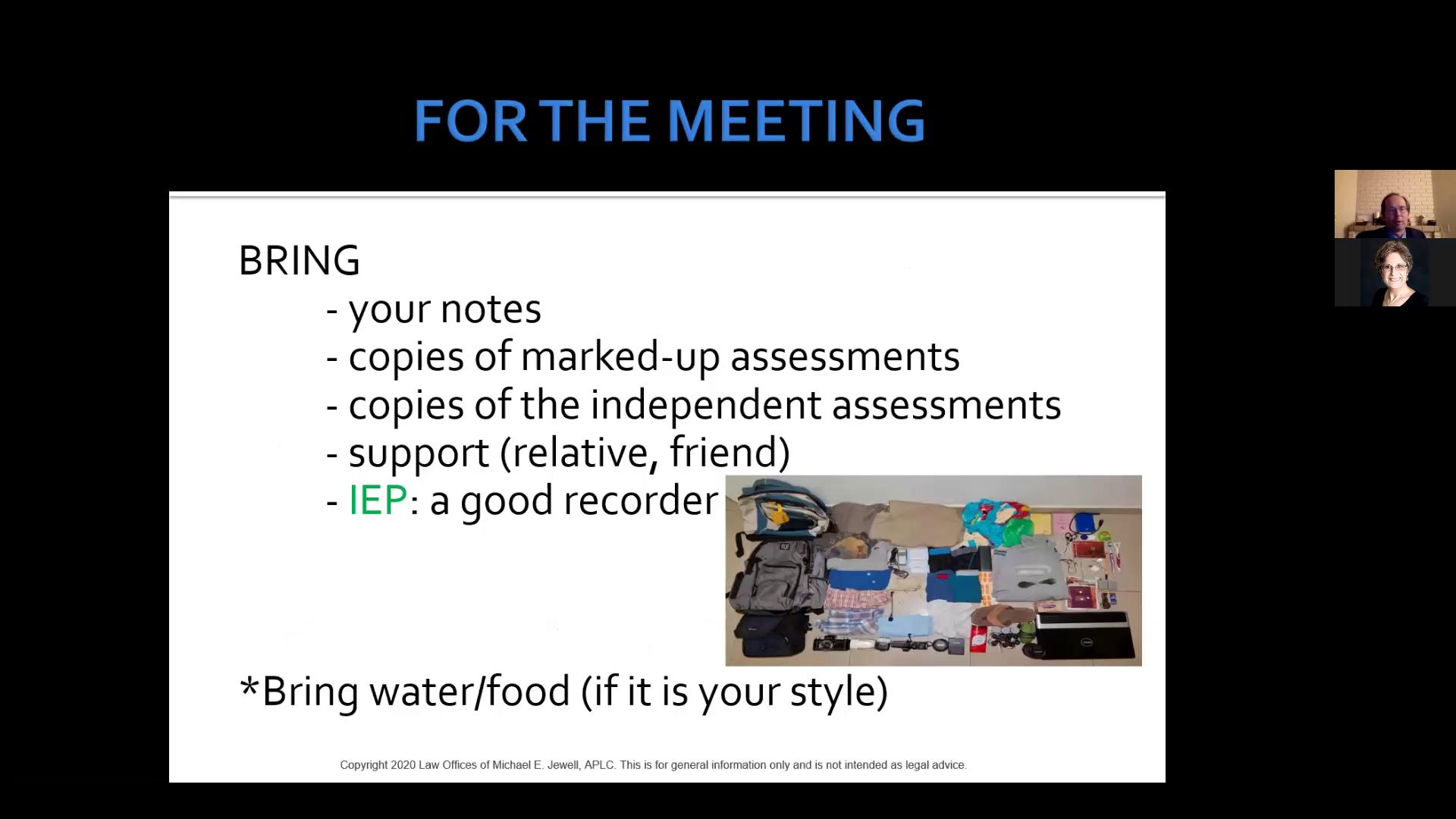
Advocacy and IEPs
Effective Advocacy for Special Needs Children
September 14, 2020
Our speaker: Mr. Micheal E. Jewell
Mr. Jewell will discuss: the difference between an IEP and a 504 plan; how a child qualifies for an IEP; suggestions to prepare you for your IEP meeting; and what you might do if your child is not receiving the help that he or she needs.
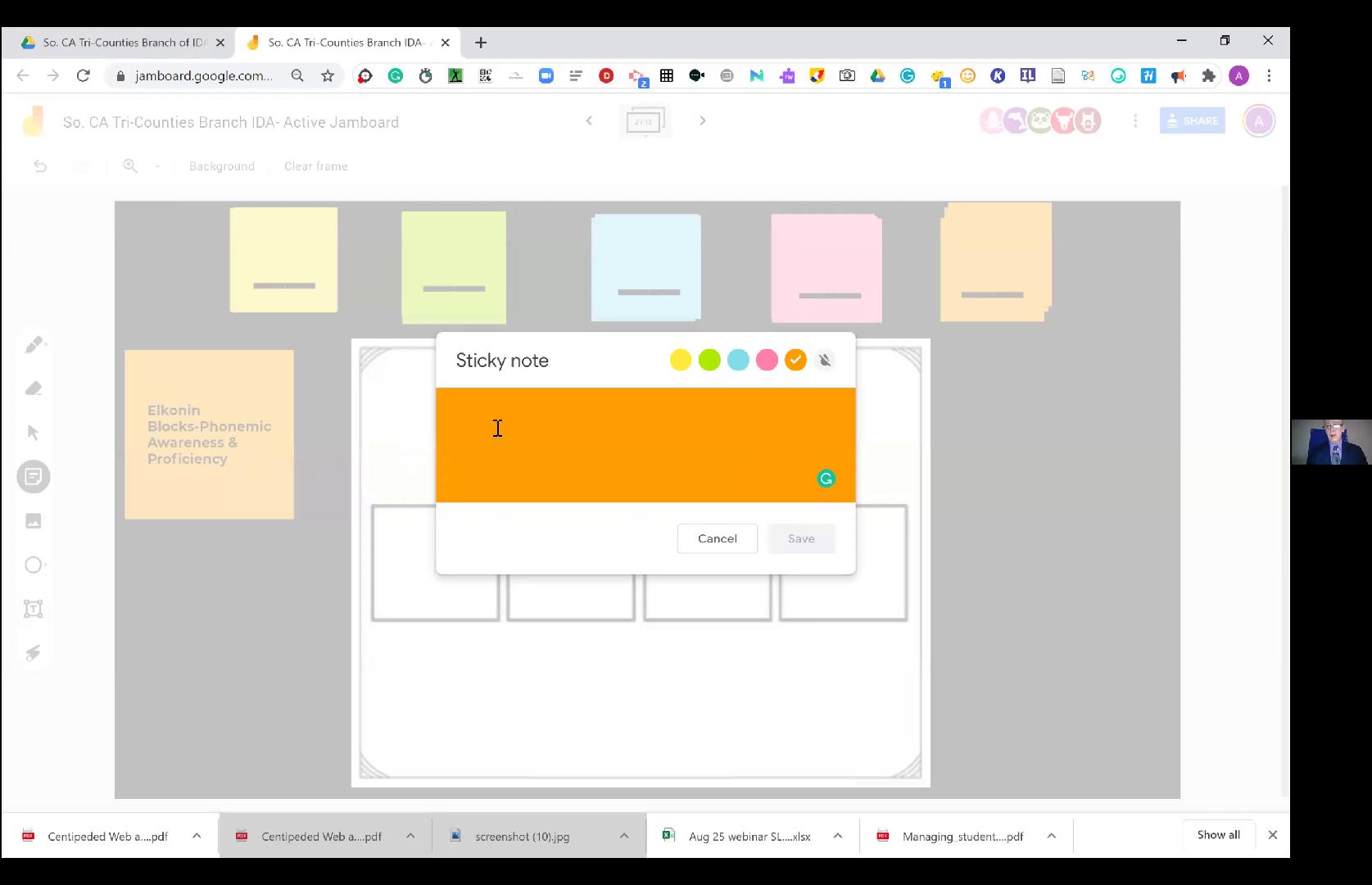
Multisensory Structured Literacy:
Simple Routines to Reinforce Phonemic Awareness, Phonics, Morphology, Syntax, and Comprehension
Aug 25, 2020
Our speaker: Andrew Stetkevich, M.A.
Research supports that students with dyslexia should be taught how to read and write through a multisensory structured language approach. This webinar will explore the essential components of this approach. Participants will learn simple routines and strategies to reinforce phonemic awareness and phonemic proficiency. The webinar will also detail phonics routines, the use of syllable types and syllable division to decode longer words. In addition, explicit strategies to address reading for meaning will be demonstrated by focusing on the components of morphology, syntax, and basic reading comprehension. Participants who complete the webinar will receive practical structured language strategies to reinforce foundational reading skills at home, school, or in a distance learning format.
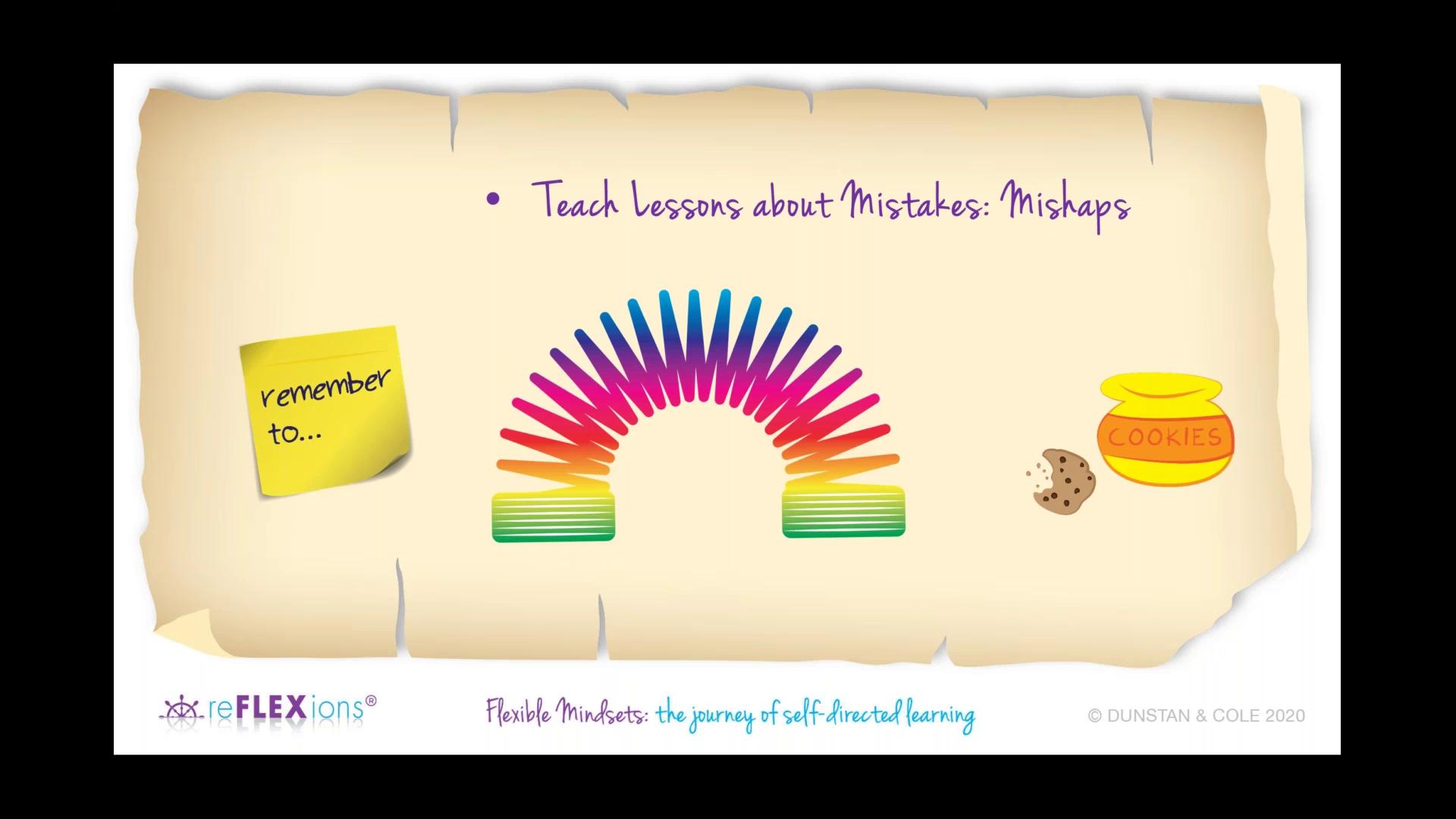
Mistakes, Mishaps, and Misconceptions
Aug 13, 2020
Our speaker: Dr. Julie Dunstan
Fixed mindsets invoke a desire to avoid mistakes, thereby narrowing our experiences and shutting down learning. We briefly review why mistakes are important for strengthening neural pathways and opening the window for learning. We dig deeper into the value of mistakes for: opening our minds to possibilities; taking ownership of our learning; acquiring new strategies; developing sound reasoning; being resilient; clarifying goals; drawing on our creativity; and inspiring others.

Building Trusting Relationships
July 30, 2020
Our speaker: Dr. Julie Dunstan
This is webinar #2 from our series, Creating safety for children to ask questions, make mistakes & take risks for learning. Flexible Mindsets walks you through the framework and concrete steps needed to propel students towards the ever-evolving aspirations of self-directed learning. To work towards self-directed learning, we all need a degree of control and a sense of agency. We start with the implications of power differentials and consider steps that can increase partner-centered learning to empower students. We then focus on language as one of the most powerful ways to build trust and model resilient responses to challenges.
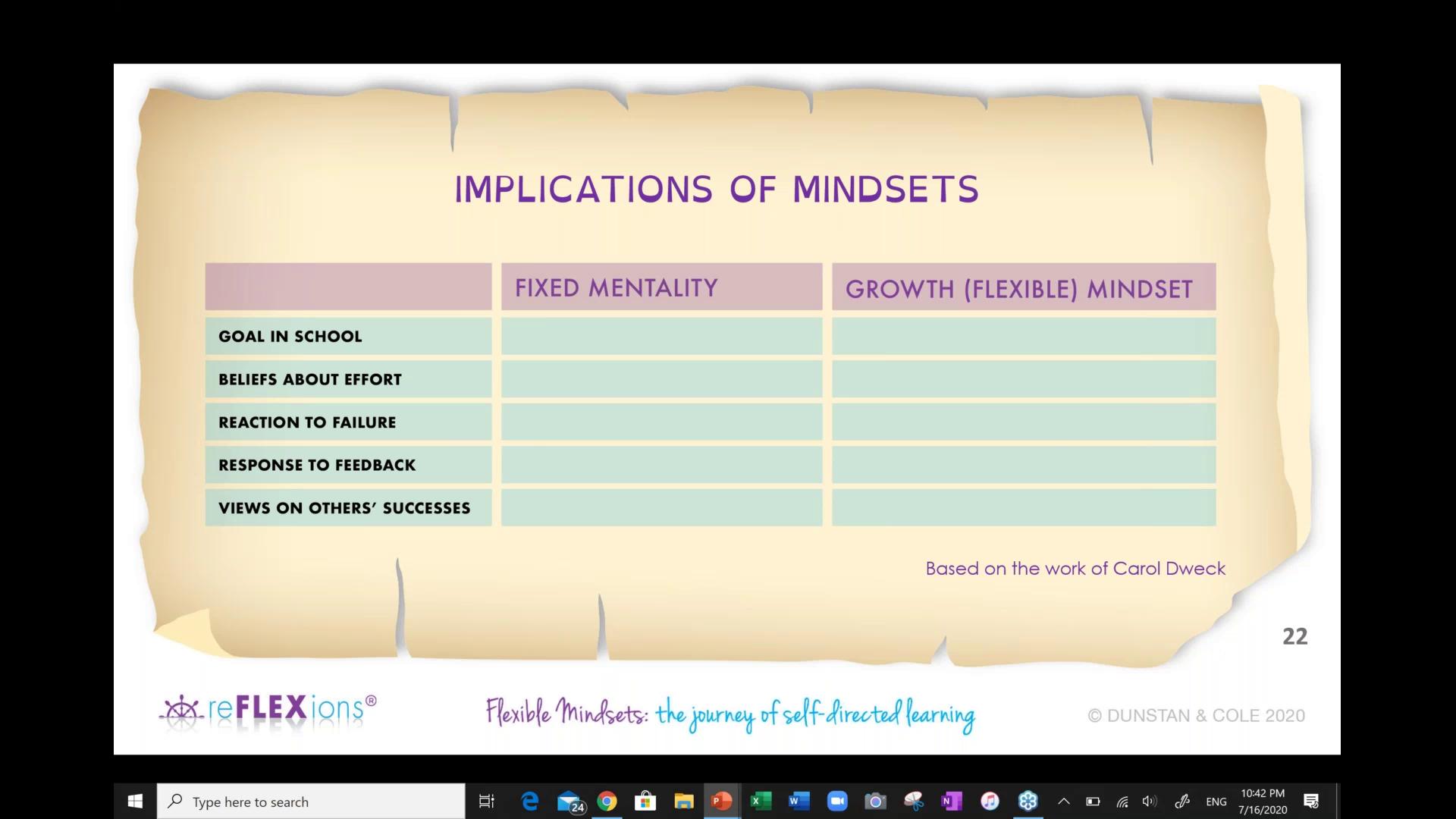
Flexible Mindsets #1
July 16, 2020
Our speaker: Dr. Julie Dunstan
Now, more than ever before, Flexible Mindsets are vital for responding to rapidly-changing priorities with resilience and adaptability. Flexible Mindsets walks you through the framework and concrete steps needed to propel students towards the ever-evolving aspirations of self-directed learning. The first webinar in this series introduces the model and the mechanism for transforming mindsets. We briefly review the impact of stress on the brain and the impact of fixed mentalities. We end with some simple steps to get started in creating safety for taking learning-related risks.
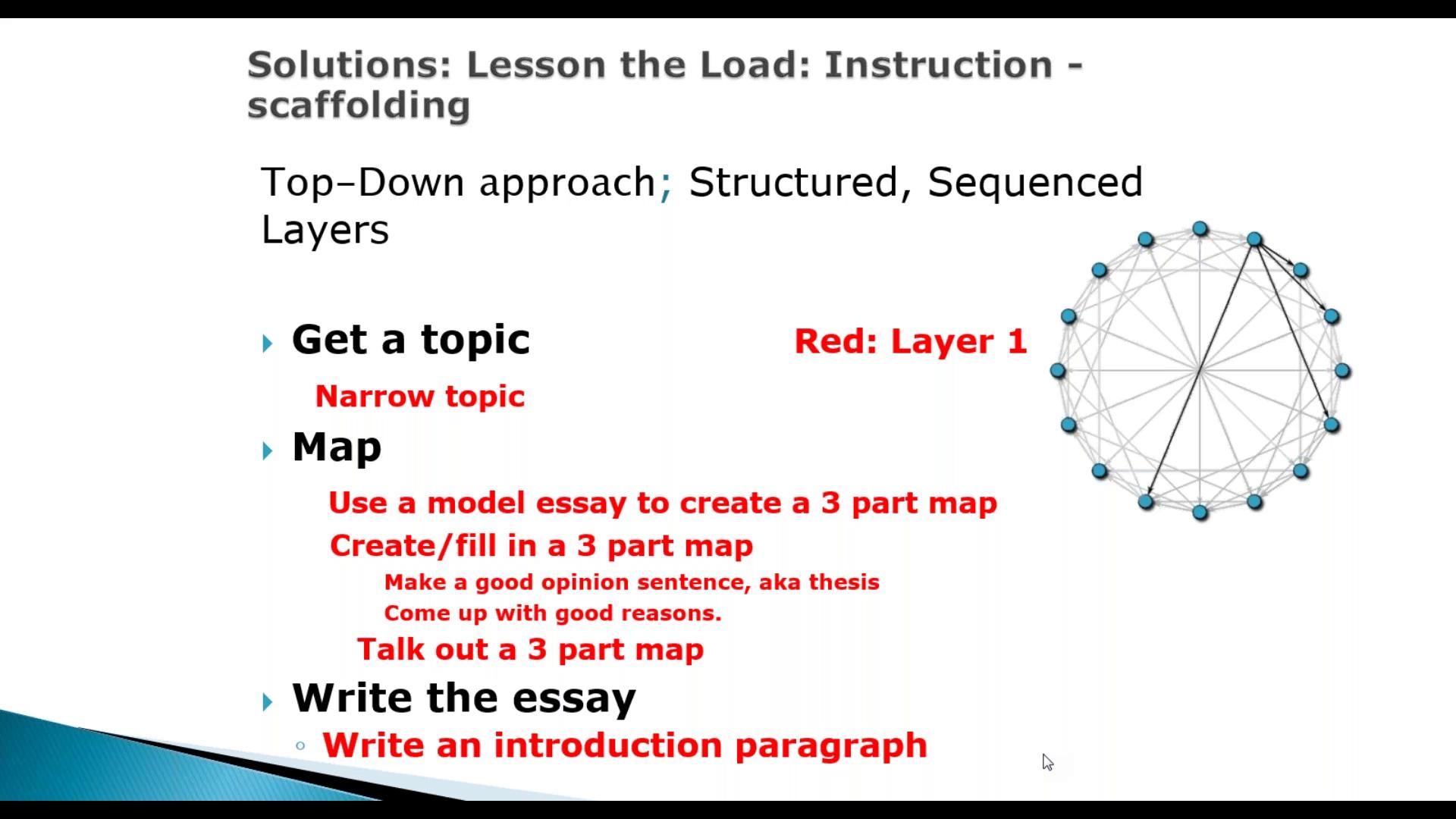
Building Confident Writers
June 30, 2020
Our speaker: Dr. Maria Davis-Perkins
This webinar will identify techniques that improve students’ confidence in their ability to write organized and well-developed essays, and to do so fluently. Dr. Davis-Perkins will discuss how to give students 1) a reason to write – one they value, 2) proof of their own neuro-linguistic strengths and ways to tap these skills to write fluently and effectively, 3) a system that reduces the cognitive load and eases the writing process, as well as 4) a way to ‘hear’ their words as the reader does and thus, evaluate the effectives of their own written expression. Improved confidence and effective essay writing were just two of the positive outcomes when these research-based techniques were implemented in a pilot study conducted with high school students in Barstow, California.
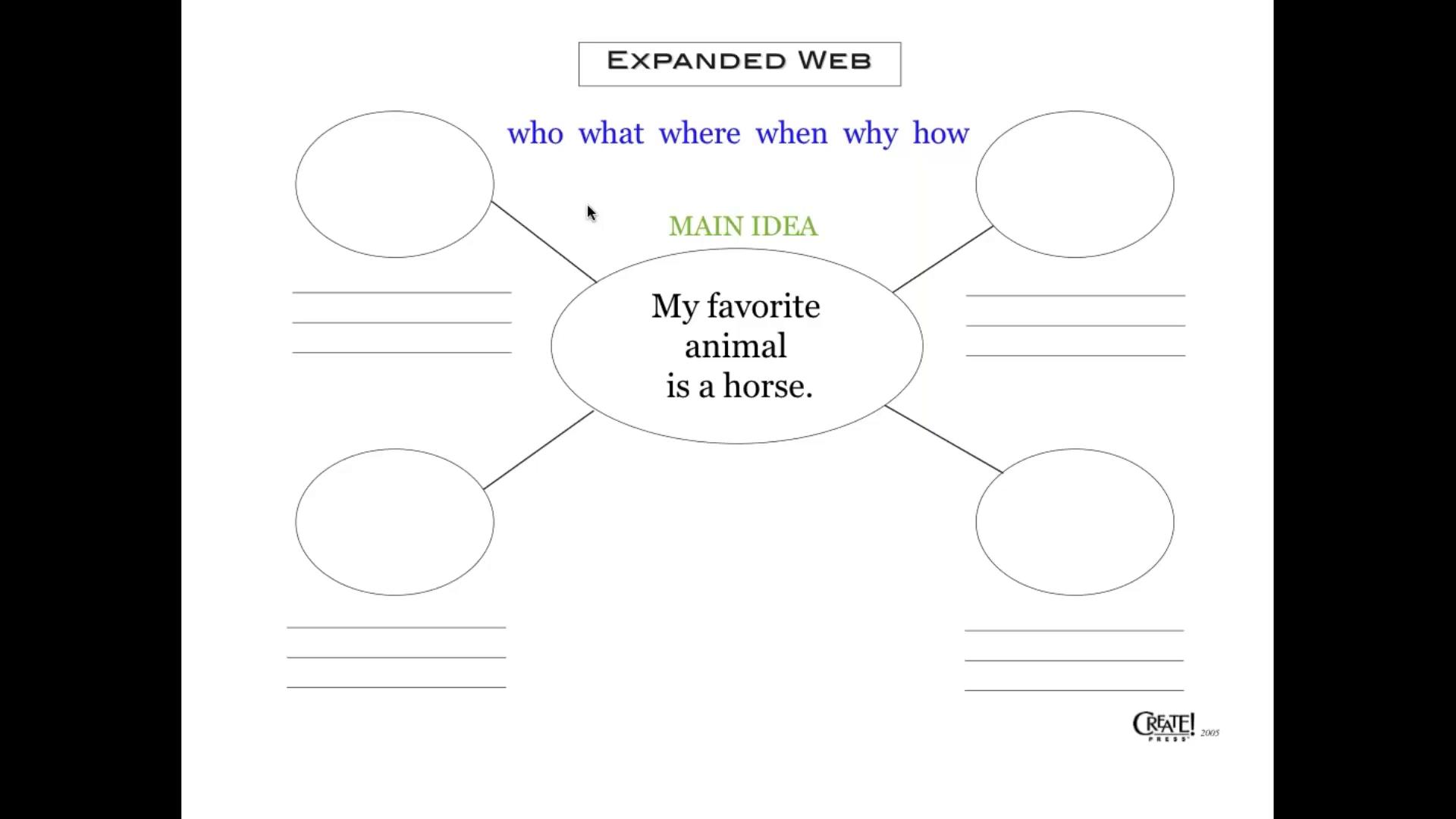
Discovering & Creating
Powerful Paragraphs
May 4, 2020
Our speaker: Trish Padgett
This topic on paragraph structure and explores brainstorming, organizing ideas, identifying text structure, and notetaking/summarizing. The presentation includes samples and opportunities for directed Q and A sessions.
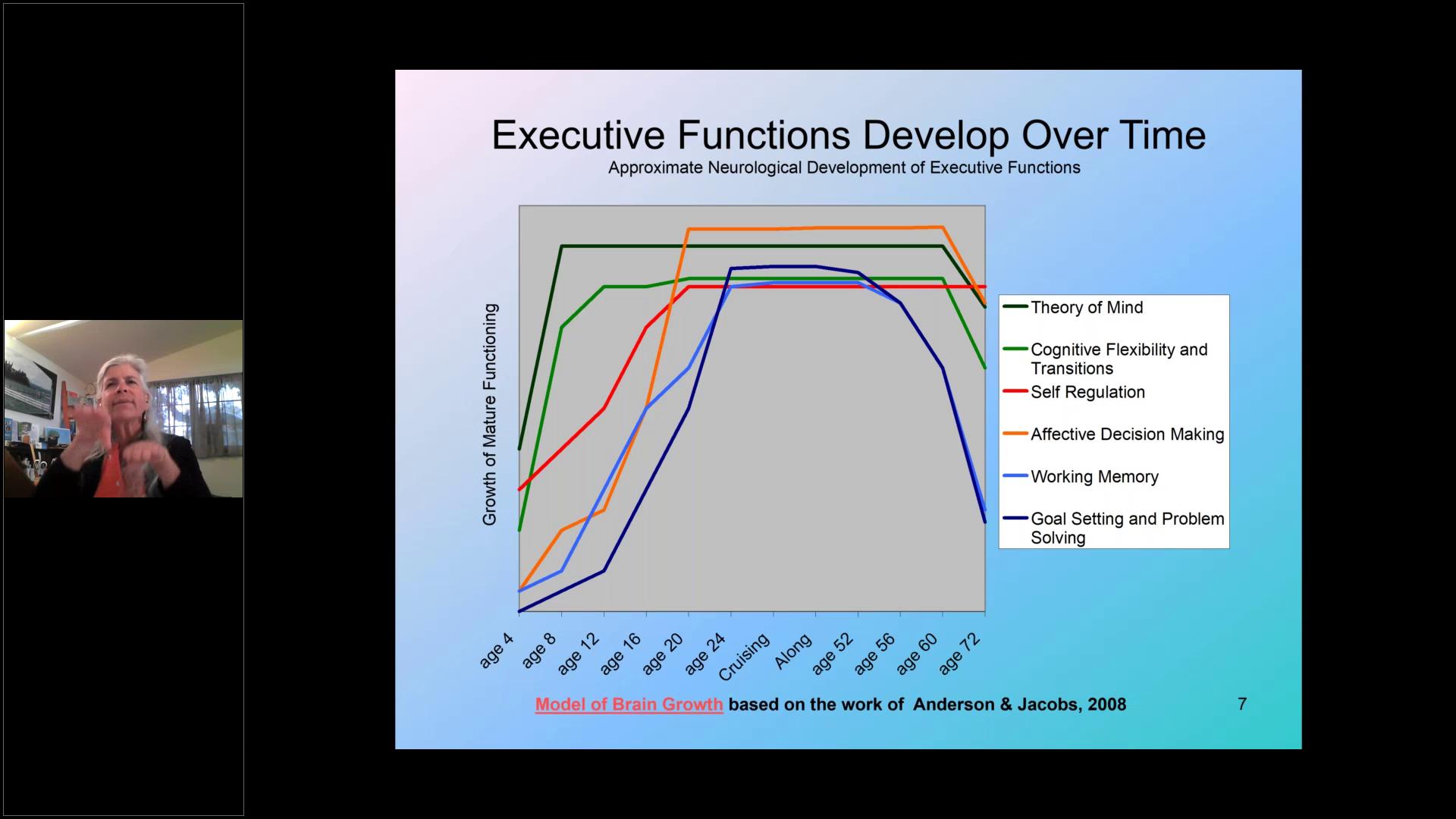
Scattered & Brilliant:
Executive Function and the Gifted Child
March 31, 2020
Our speaker: Cynthia Z. Hansen, M.Ed., ET/P
Difficulty starting a task; staying focused on non-preferred tasks; and great ideas without follow-through; may indicate weak executive skills. For our brightest students, these same traits might be signs of deep creative thinking. Delay, discrepancy, or disability—how might we unravel the differences? This presentation describes how executive functions may manifest in our students with high potential and how to support our students to understand their strengths so they may adapt to their environment.
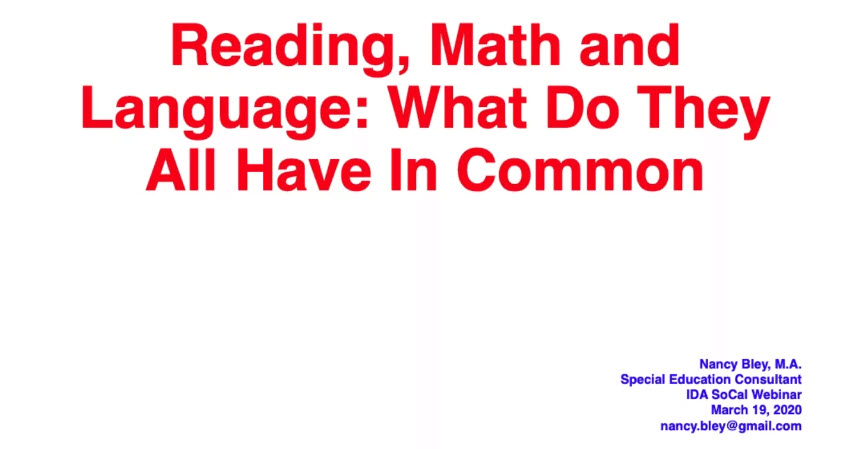
Reading, Math and Language:
What Do They All Have in Common?
March 19, 2020
Our speaker: Nancy Bley
In this webinar, we will explore the considerable amount of recent research into how we learn and retain math procedures and concepts. We’ll learn about what areas in the brain are activated, depending on our task and how math is processed in our brains. Researchers have shown the process our brain goes through as we solve a math problem, identified brain regions that affect progress in math, and reveal how math and phonics are related. We will explore approaches to teaching math.
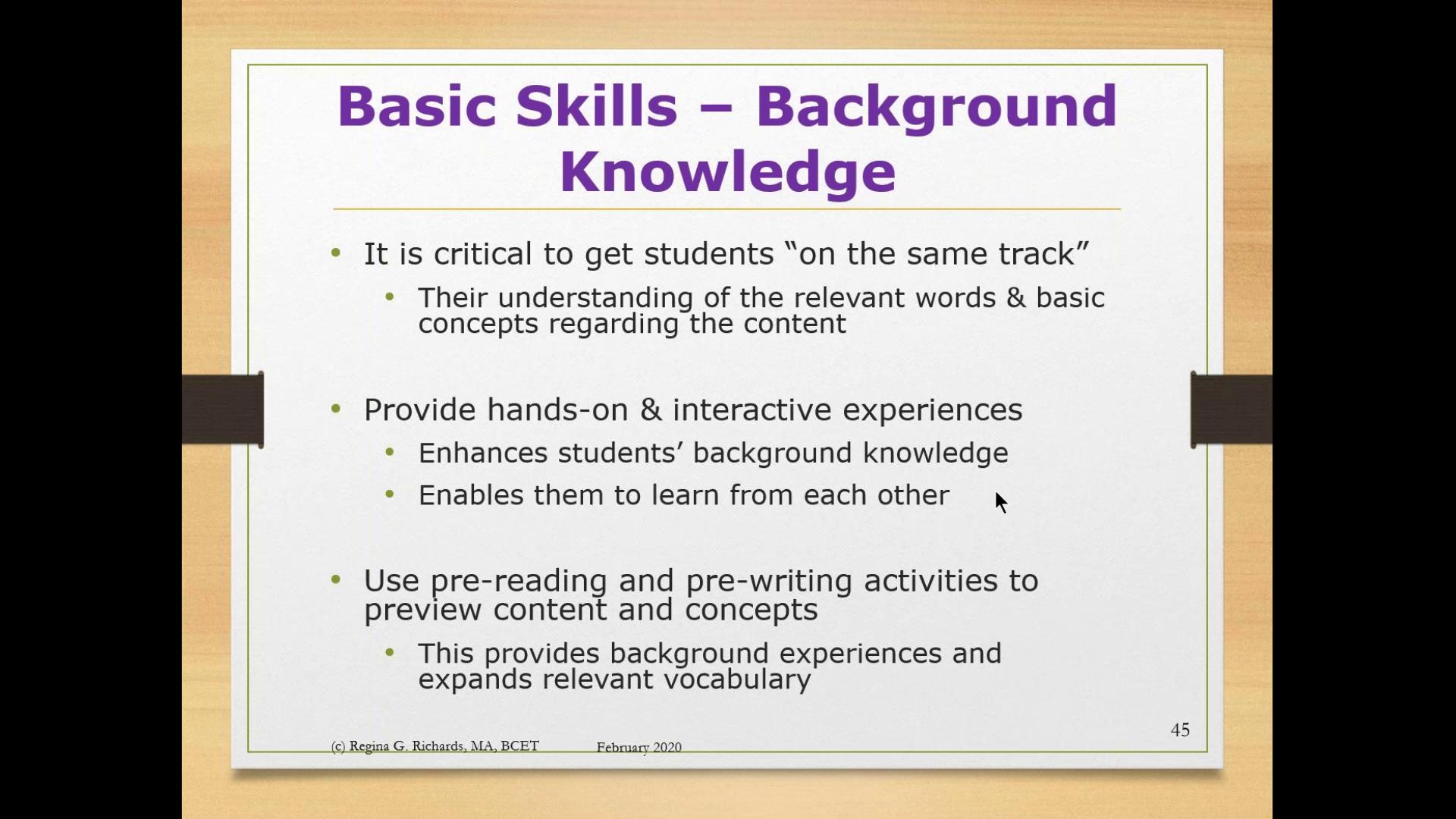
Facilitating Written Expression
February 2020
Our speaker: Regina Richards
This webinar, Facilitating Written Expression for Your Students, will explore some of the various reasons students develop a reluctance to express themselves in writing, including (1) dyslexia is not just a reading disorder, and (2) the issue of dysgraphia. A variety of practical strategies and techniques for reversing this reluctance will be described and explored, especially handwriting, vocabulary, and organization of information. Participants will obtain a number of proven strategies they may implement immediately.
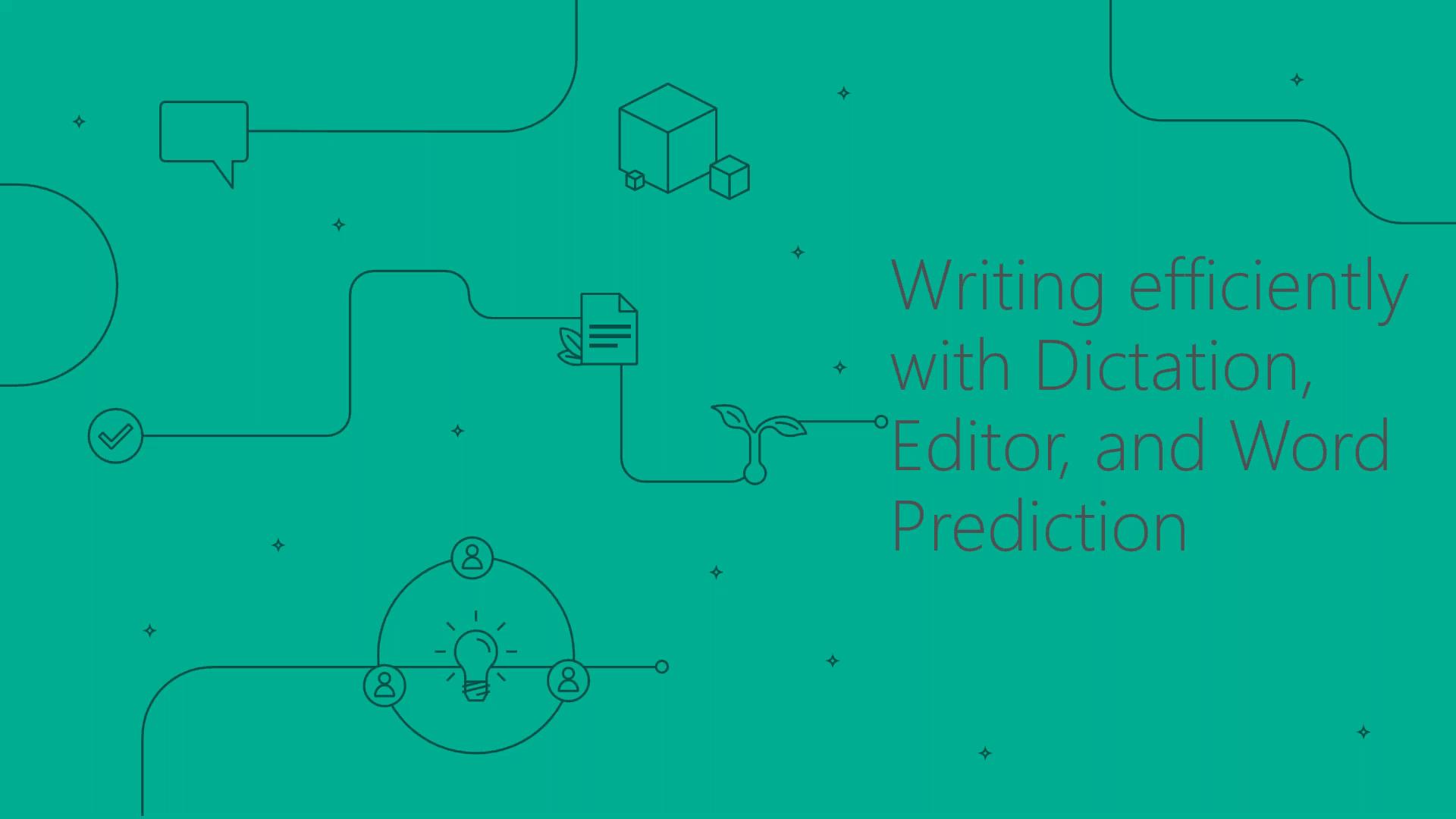
Microsoft Assistive Technology, Helping Students Who Struggle
January 2020
Our speaker: Rachel Berge
This session will showcase how these free Learning Tools can be used to support classroom engagement of reading, writing and math for users with learning differences such as dyslexia, dysgraphia, ADHD, emerging readers or a combination of any of the broad range of unique student abilities.